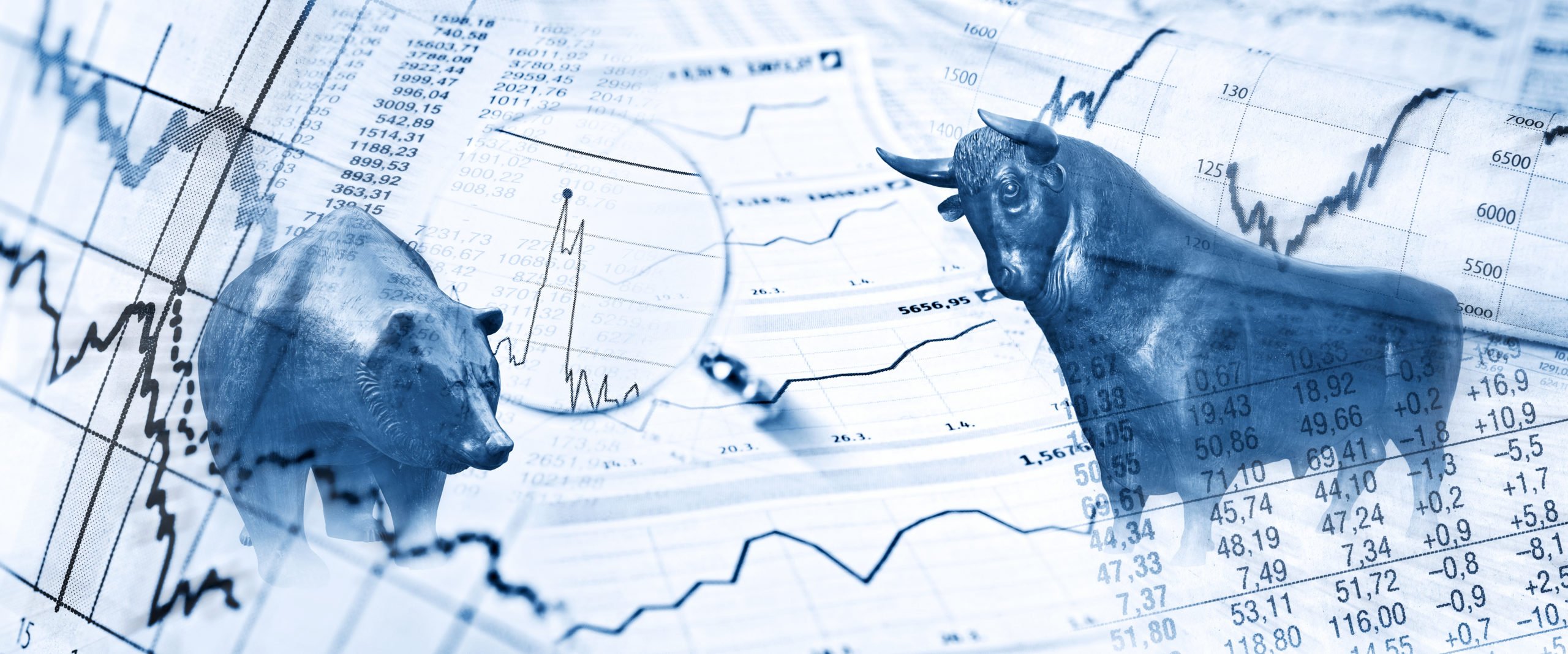
“Men, it has been well said, think in herds; it will be seen that they go mad in herds, while they only recover their senses slowly, and one by one.”
– Charles MacKay
Extraordinary Popular Delusions and The Madness of Crowds (1841)
In the early morning hours of Friday, December 15, 1989, an Italian-American artist, Arturo Di Modica, with the help of a few friends dropped his latest work, the world-famous Charging Bull sculpture, outside of the New York Stock Exchange. The 7,100-pound, 11-foot-tall bronze sculpture was later re-erected on Broadway just north of Bowling Green in the Financial District of Manhattan, New York City. Arturo Di Modica first conceived of the Charging Bull in the wake of the 1987 Black Monday stock market crash. His Charging Bull statue has become a physical manifestation of a ubiquitous Wall Street term, the bull market, and it has inspired veneration from tourists and investors hoping for a cut of the stock market riches it represents.
The current bull market, fueled by record low interest rates and friendly fiscal policies, continues to attract more, especially younger, investors. Homebound, internet savvy folks jump on the speculative bandwagon to try to make fast money without much regard to the business fundamentals of company shares and valuations. The proliferation of online trading platforms like Robinhood and commission free stocks and options trades offered by brokerage houses are also helping propel the huge momentum rally. Shares of dying retail chain GameStop rose a meteoric 1,625% in January, epitomizing a speculative mania not seen since the dot-com bubble in the late 1990s. There is a distinct difference between investing and speculation. However, day traders’ temptations to make quick profits and a sense of FOMO, or fear of missing out, are pushing them into new asset classes such as silver, which is another example of market madness and the herding behavior.
The problem with such speculative moves and chasing momentum stocks like GameStop and AMC Entertainment is that investors are betting that someone will buy the investment from them at a higher price. This is called the Greater Fool Theory. They are hoping that a greater fool will come along and take the shares off their hands. However, as experienced and professional investors know well, momentum fueled by the madness of crowds is a double-edged sword. It amplifies gains but can also magnify losses when the sentiment changes with almost no notice.
As Isaac Newton eloquently stated in the spring of 1720, “I can calculate the motions of the heavenly bodies, but not the madness of people.” When you are riding atop the charging bull and the bubble is burst, take care not to get bucked. If you are thrown from the reigns, beware the stampede.
The views expressed represent the opinion of Passage Global Capital Management, LLC. The views are subject to change and are not intended as a forecast or guarantee of future results. This material is for informational purposes only. It does not constitute as investment advice and is not intended as an endorsement of any specific investment. Stated information is derived from proprietary and nonproprietary sources that have not been independently verified for accuracy or completeness. While Passage Global Capital Management, LLC believes the information to be accurate and reliable, we do not claim or have responsibility for its completeness, accuracy, or reliability. Statements of future expectations, estimates, projections, and other forward-looking statements are based on available information and Passage Global Capital Management, LLC’s views as of the time of these statements. Accordingly, such statements are inherently speculative as they are based on assumption that may involve known and unknown risks and uncertainties. Actual results, performance or events may differ materially from those expressed or implied in such statements.